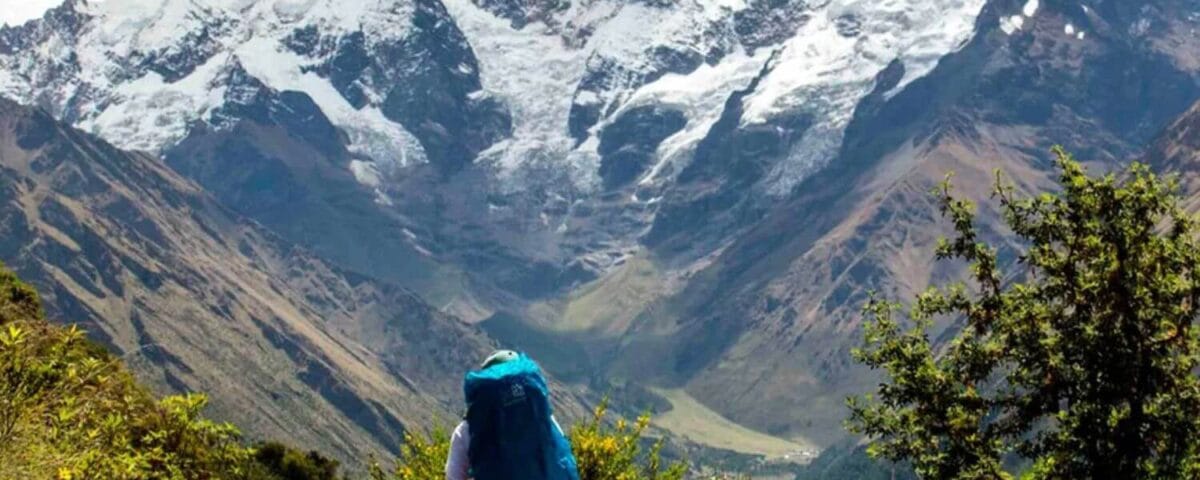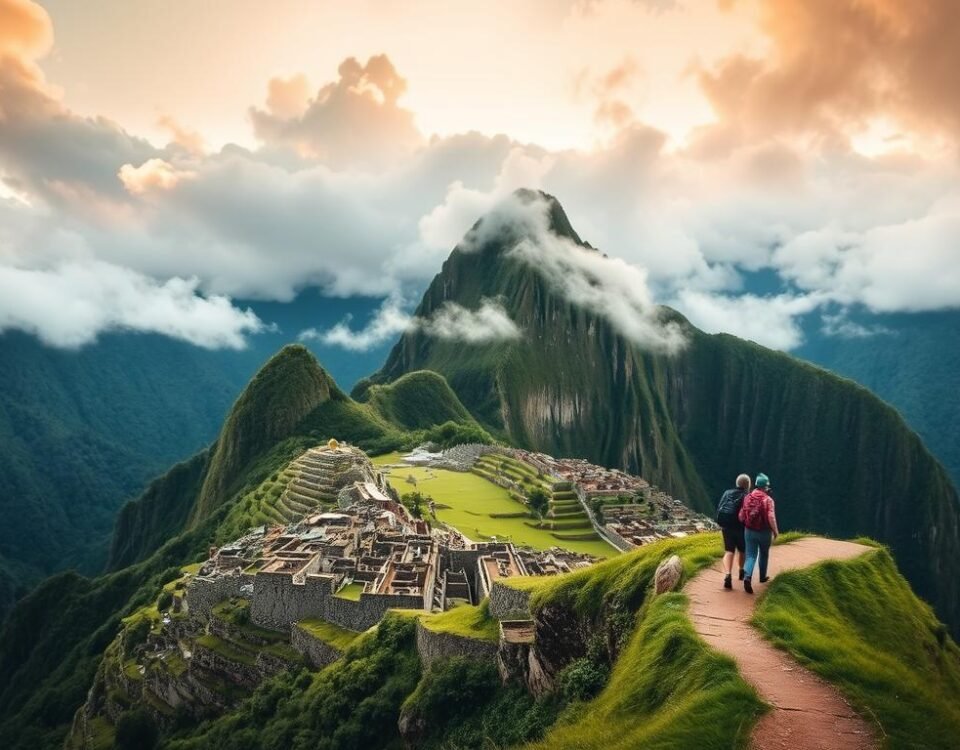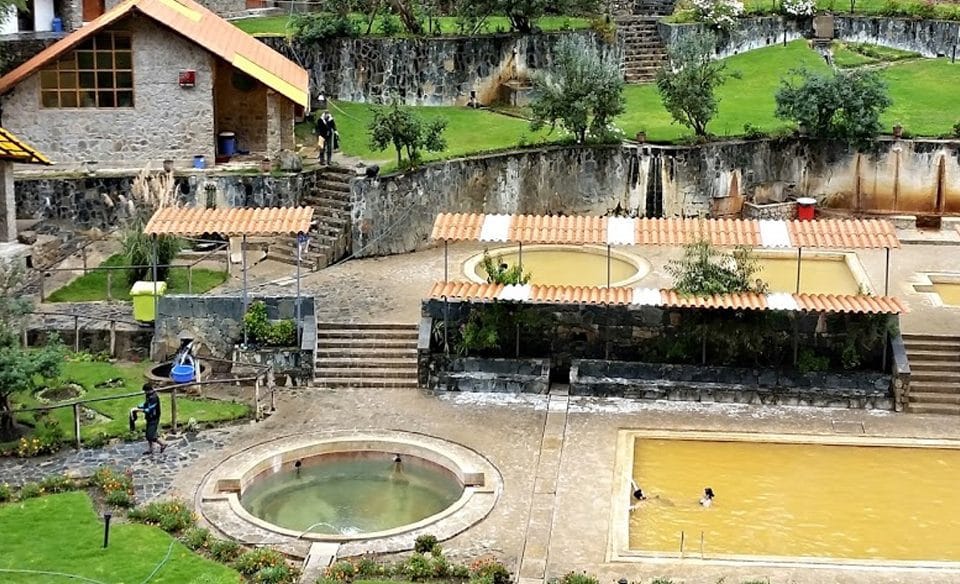What to Pack for the Salkantay Mountain Trek: A Complete Checklist

Why Choose the Salkantay Mountain Trek?
Unlike the classic Inca Trail, the Salkantay Mountain route does not require permits, offers greater solitude, and presents a more dramatic range of landscapes—from snow-capped peaks to lush jungle. At 6,271 meters (20,574 feet), the Salkantay peak towers over the trek, challenging hikers with high-altitude sections and rewarding them with panoramic views.
Climate and Altitude on the Salkantay Mountain Trek
The weather during the trek can vary drastically. You’ll face warm days, chilly nights, rain, wind, and intense sun. The trek reaches elevations above 4,600 meters (15,000 feet), making altitude sickness a potential risk. Preparation is key.
Key Tips:
- Acclimate in Cusco (3,400 m) for at least 2 days before the trek.
- Stay hydrated and walk at a steady pace.
- Pack layers to handle varying temperatures.
Routes and Geography
The Salkantay Mountain trek typically spans 4 to 5 days, covering around 72 km (45 miles). The route begins in Mollepata or Soraypampa and ends in Aguas Calientes, the gateway to Machu Picchu.
Main Highlights:
- Humantay Lake
- Salkantay Pass (4,650 m)
- Cloud forests and coffee plantations
- Llactapata ruins
Complete Packing Checklist
Essential Documents:
- Passport (must be valid)
- Entrance tickets (if continuing to Machu Picchu)
- Cash in soles (small denominations)
Clothing:
- Quick-dry t-shirts (2–3)
- Long-sleeve thermal base layers (2)
- Fleece or insulated jacket
- Waterproof rain jacket and pants
- Down jacket (compact and warm)
- Trekking pants (2–3 pairs)
- Convertible pants (optional)
- Breathable underwear and sports bras
- Wool or synthetic socks (4–5 pairs)
- Gloves (light and insulated)
- Warm hat (beanie) and sun hat
- Buff or neck gaiter
Footwear:
- Broken-in hiking boots (waterproof)
- Camp shoes or sandals
- Trekking poles (collapsible)
Gear:
- Daypack (20–30L with rain cover)
- Sleeping bag (rated at least -10°C/14°F)
- Headlamp with extra batteries
- Reusable water bottles or hydration bladder
- Water purification tablets or filter
- Sunglasses (UV protection)
- Sunscreen (SPF 50+)
- Lip balm with SPF
Extras:
- Camera or smartphone (with charger and power bank)
- Snacks (nuts, protein bars, chocolate)
- Lightweight travel journal and pen
- Ziplock bags for trash and electronics
- Lightweight book or playing cards
Best Time to Do the Salkantay Mountain Trek
- Dry season (May to September): Ideal for clear skies and safer trails.
- Rainy season (October to April): Lush scenery but higher risk of landslides and muddy paths.
Avoid January and February if possible due to heavy rains.
Final Tips for the Salkantay Mountain Adventure
- Train by hiking or cardio workouts weeks before your trip.
- Choose a responsible tour operator.
- Respect local customs and nature.
The Salkantay Mountain trek is not just a physical challenge but a spiritual journey. Packing wisely will allow you to focus on the magic of the experience instead of worrying about forgotten items.
Ready to conquer Salkantay Mountain? If you have questions, need help organizing your trek, or would like personalized advice, contact us today. We’d be happy to help you prepare for an unforgettable adventure in the Andes.






